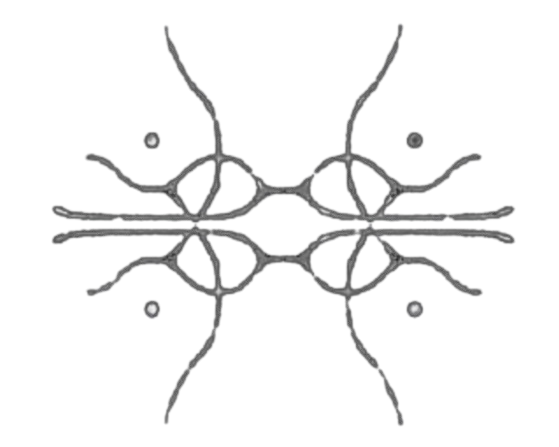
Approach
People often come to therapy because there’s something about themselves they don’t understand: why they struggle in relationships with friends, family, or romantic partners; why they have problems at work, at school, or in their sex lives; why their emotions feel confusing, unmanageable, or out of control; why they feel like they’re different from other people or like something is wrong with them.
Psychotherapy can be a transformative way of getting in deeper touch with yourself.
My approach is psychoanalytic, meaning we will work together to discover the ways your mind keeps you from knowing parts of yourself—feelings, memories, wishes, traumas, impulses, fears, desires—parts of you that most often come from when you were a child. Our process will be focused not only on getting in touch with those warded-off parts of you but also, or even moreso, on how and why your mind wards them off.
I believe healing and change come from allowing, accepting, and integrating all parts of ourselves, especially those that feel painful, shameful, frightening, or bad.
Working psychoanalytically also means that much of our process will be spent closely attending to what emerges between us in our relationship as it develops and deepens over time and how our experiences of one another in the room together—conscious and unconscious—relate to the problems and patterns that brought you to therapy.
I work with adults, couples, and adolescents practicing psychoanalytic psychotherapy as well as ketamine-assisted psychotherapy. I was trained in outpatient and inpatient settings and have worked with people across wide ranges of age, gender, race, sexuality, socioeconomic background, and level of symptom severity.
I also specialize in the following populations:
• LGBTQ+ people, particularly bisexual people and non-binary/genderqueer people
• People who have childhood histories of maltreatment (emotional abuse/neglect, sexual abuse, and/or physical abuse/neglect), family dysfunction (such as domestic violence, alcohol/substance abuse, and/or high-conflict divorce), or other forms of complex trauma
• Artists/creatives (including musicians, theatre/performance artists, dancers, writers, designers, and visual artists)
• People who have used, plan to use, or have an interest in psychedelics
